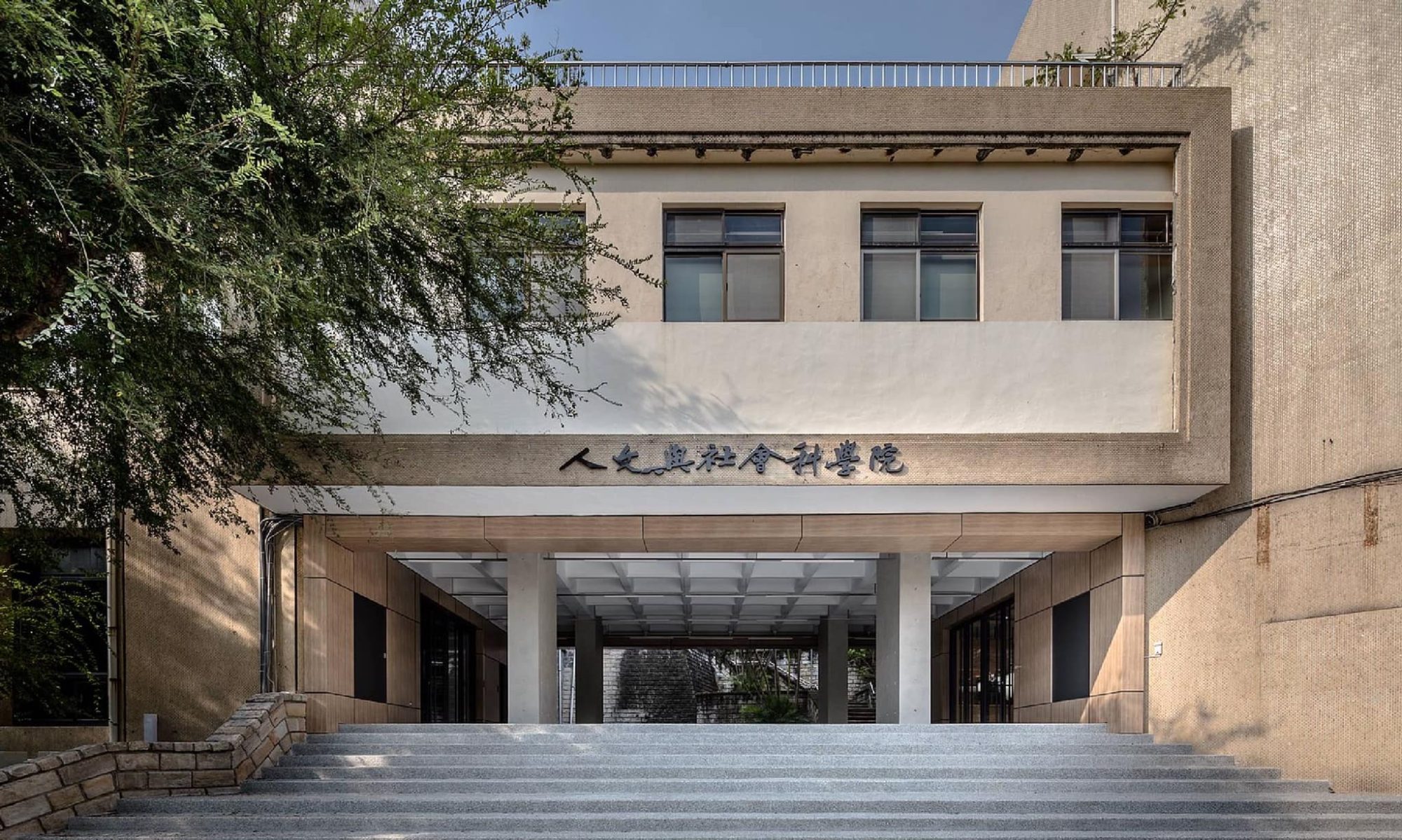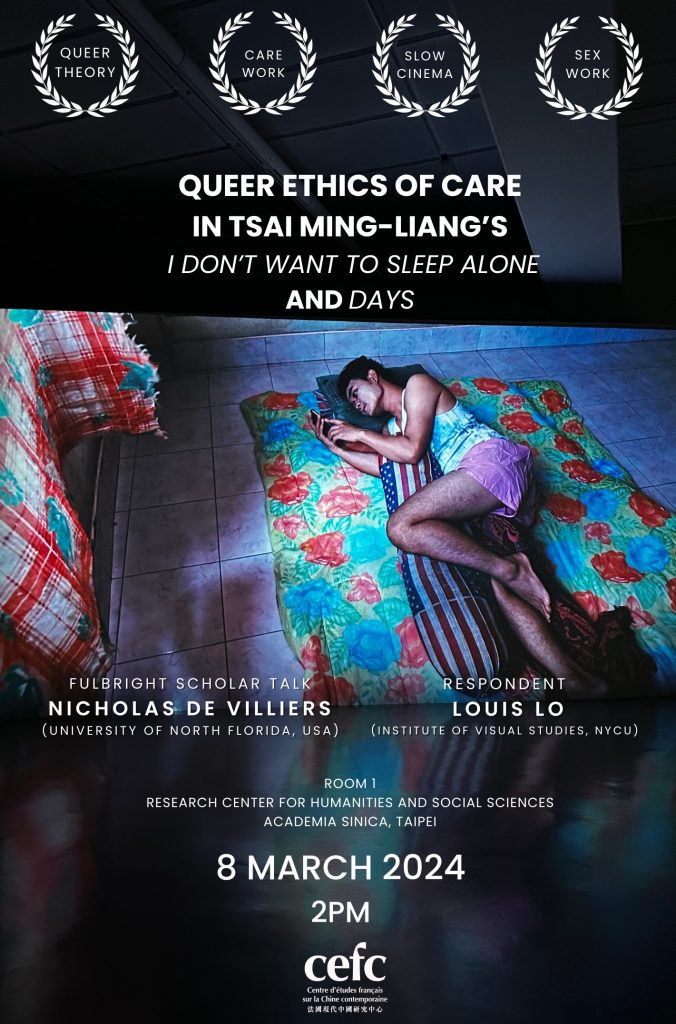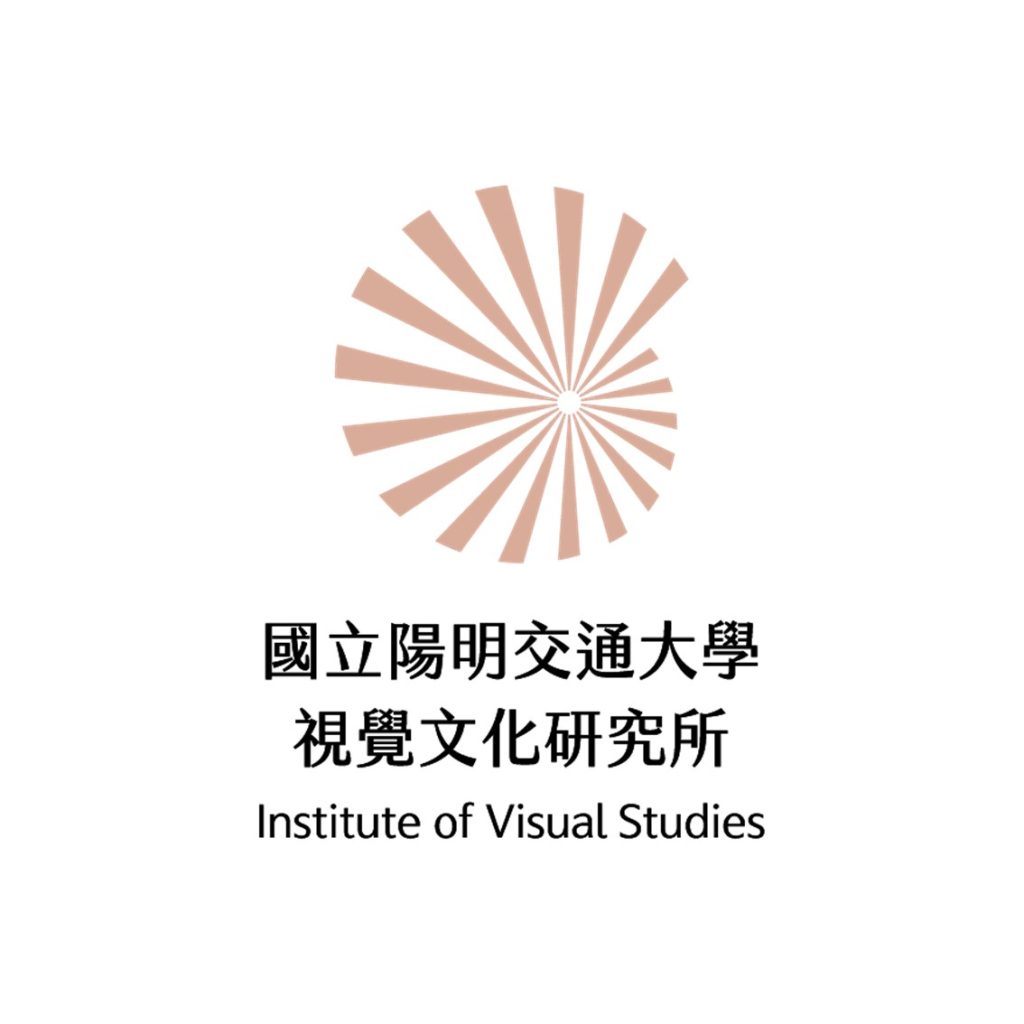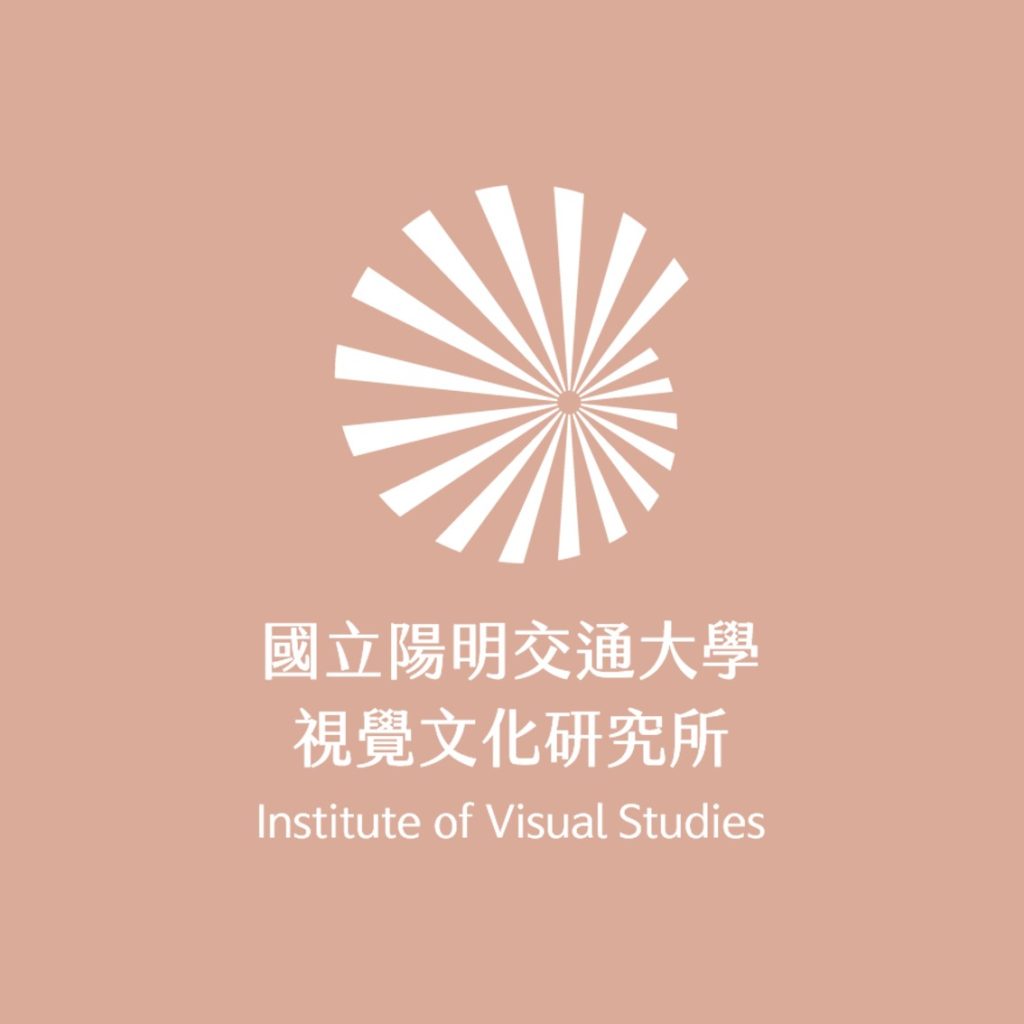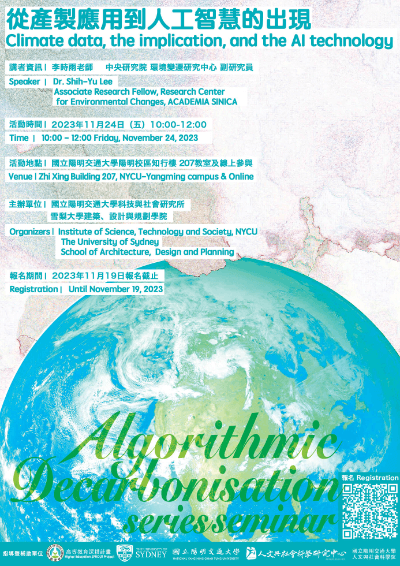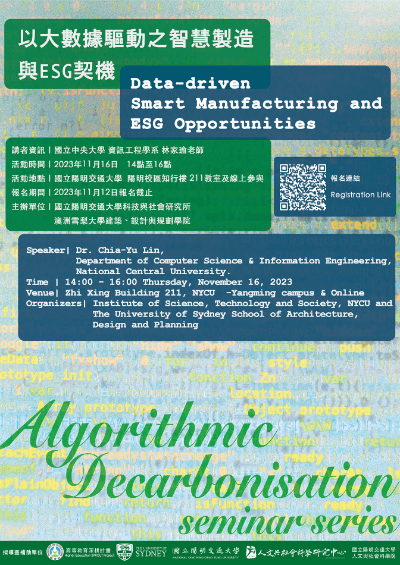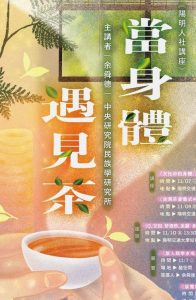
Summary
In the historical context of a crisis in biological psychiatry, psychedelic drugs paired with psychotherapy are globally re-emerging in research clinics as a potential transdiagnostic therapy for treating mood disorders, addictions, and other forms of psychological distress.
The treatments are poised to soon shift from clinical trials to widespread service delivery in places like Australia, North America, and Europe, which has prompted ethical questions by social scientists and bioethicists. Taking a broader view, we argue that the ethics of psychedelic therapy concerns not simply how psychotherapies are different when paired with psychedelic drugs, but how different kinds of psychedelic therapy shape and are shaped by different values, norms, and metaphysical commitments that amount to different forms of life. Drawing from the published literature and interviews with seven psychedelic therapists working in clinical trials in the United States, Germany, Switzerland, and Australia, this talk opens the black box of the treatments to consider the values and informal debates currently animating the therapies. Considering questions of patient autonomy, mechanisms of therapeutic action, and which therapies are best suited to pair with psychedelic substances, we examine the ethics of psychedelic therapy as a form of life. To bring this out in fuller relief, we conclude by comparing and contrasting this emergent form of life with ayahuasca use in Amazonian shamanism. The talk is based on work done in collaboration with Nicolas Langlitz.
時間/Time :2024/2/29 星期四
地點:知行樓503
Venue:Zhi Xing Building 503,
National Yang Ming Chiao Tung University -Yangming campus
語言:英文
報名表單/Registration:https://forms.gle/XuFbH7SZWxtPExSW9

講者簡介/Speaker profile
Alex K. Gearin, Ph.D., is an medical anthropologist who has researched psychedelic substance using networks and practices across the globe. His forthcoming book Global Ayahuasca: Wondrous Visions and Modern Worlds (Stanford University Press, 2024) explores the psychoactive plant brew “ayahuasca” in Asia, South America, and Australia. His work is featured in Current Anthropology, Social Science and Medicine, Frontiers in Pharmacology, JRAI, and other outlets, and he is co-editor of The World Ayahuasca Diaspora: Controversies and Reinventions (Routledge, 2017). Alex is assistant professor at The University of Hong Kong.
